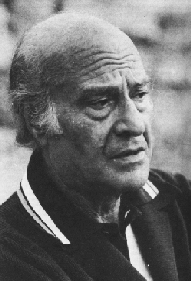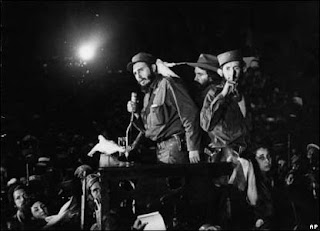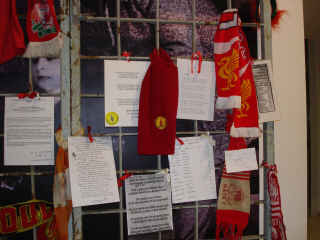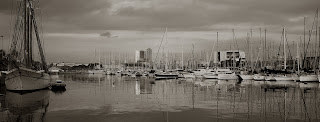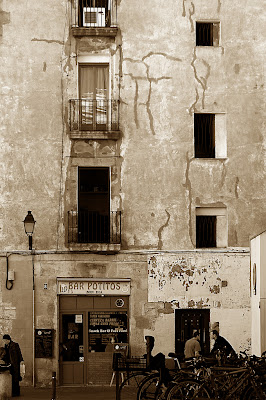 Last Thursday I turned 30. The number may appear significant but it is merely based on our convention for counting the time passing by. Thirty is round in terms of years but it corresponds to 10.595 days (including leap years). On the other hand it corresponds to 360 months, which may also appear significant as a number equaling the degrees of a full circle. And perhaps it is for this -full(?)- circle that turning thirty appears that important for people of my generation, implying that it is time this circle closes, a new one opens, while philosophical self-doubting of a similarly low level is supposed to be taking place in the vulnerable mind of the poor thirty-year-old.
Last Thursday I turned 30. The number may appear significant but it is merely based on our convention for counting the time passing by. Thirty is round in terms of years but it corresponds to 10.595 days (including leap years). On the other hand it corresponds to 360 months, which may also appear significant as a number equaling the degrees of a full circle. And perhaps it is for this -full(?)- circle that turning thirty appears that important for people of my generation, implying that it is time this circle closes, a new one opens, while philosophical self-doubting of a similarly low level is supposed to be taking place in the vulnerable mind of the poor thirty-year-old.Above all, thirties means it's high time you start making plans. And this implicitly means long-term plans about the future. Settling down, getting a stable job, a -more or less- stable residence, start thinking about family -in case you are not already-, to sum up, all the things that irrevocably introduce you once and for all into the world of the grown-ups.
I am not fully aware of whether I am going through a turning-thirty crisis or whether I have been going through it since the moment I was born and thus I am now facing it with courage and "as having been ready since long time ago". But the truth is that I never felt the least envious for the grown-up world. I never really liked long-term planning. I know I like dreaming more than average, a tendency which people sometimes attribute to my star sign, I delve into day-dreaming far more often, a tendency which people attribute to my inherent laziness. I like to plan holidays, trips and the such but when it comes to answering questions of the type " how do you see yourself in 5 years" I come upon insurmountable problems.
Linking this tendency to an attribute of my character is easy for most people. It cannot but be due to an obstinate immaturity, that has been resisting for three decades.
Well, I beg to differ. I sincerely think it has to do with my experience about life itself hating plans more than I do. I have been around enough time to see people's plans being smashed and shattered in a single moment. It is not necessarily tragic. It is the pure essence of life, uncertain and volatile. Plans are to be made in any case, but just for the fun of it. Most of the times they won't work, and quite a few of them will be transformed into glorious failures overnight.
I was just thirty years and two days old, thinking about all that, when I read about this on the paper. During Friday night, a metro train, stationed at Pireas' terminal, slipped off the tracks (probably because of a malfunction of its break system) and went through the wall surrounding the terminal only to be stopped by friction and debris in the middle of a main avenue. As it was very late at night, the train was empty of passengers and the avenue void of cars, there were almost no people harmed. Almost. You see, the train had pierced through the wall right at the point where a homeless guy used to spend the nights -the neighbours said-. He was killed on the spot.
I can bet that unfortunate German -the neighbours said- fellow, had no big plans about his life. He probably arrived in Greece some years ago with no clear plans whatsoever and just got stuck there. He must have been a grown up -as the neighbours would not mind testifying- but all he could plan about would be making it for one more cold night, right by the wall of Pireas' terminal station and then perhaps get some breakfast in a nearby cafeteria, side by side with rudely awaken workers and grumpy immigrant waiters.
It's just that sometimes, even plans as simple as that, do not seem to work out.
